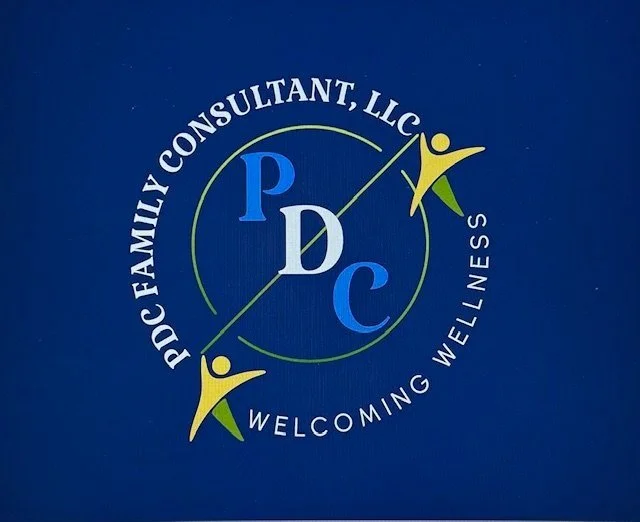Toxic Relationships in Caregiving: A Personal Reflection and Call for Self-Preservation
Building positive relationships—regardless of age, background, or circumstance—is essential. For caregivers, however, this can be especially challenging due to the unique emotional and physical demands we face daily. What makes it even harder is the level of toxicity that can infiltrate many of our relationships. Burnout, codependency, lack of respect, and unrealistic expectations are all common culprits that can compromise our well-being.
Speaking from personal experience, each of these challenges has touched my life at some point. Toxic caregiving is usually not caused by a single issue—it’s the result of unresolved emotional, psychological, situational, or relational problems that go unchecked. Here's a breakdown of what can create toxic caregiving:
Burnout
I realized I was constantly “caregiving”—at work, at home, and even in my personal relationships. Burnout crept up gradually, but the impact was real. I found myself dreading work and feeling drained, even when caring for my own child—someone I love deeply. The joy in giving started to fade because I was giving from an empty cup.
Unmanaged Caregiver Burnout Includes:
Chronic exhaustion, sleep deprivation, and stress
Feeling trapped, unsupported, or isolated
Resentment building over time due to feeling unappreciated
Toxic result: The caregiver begins resenting or emotionally withdrawing from the care recipient, treating them as a burden instead of a person.
Codependency
Codependency is still something I wrestle with. It’s the urge to prioritize others’ needs and happiness above my own—even to the point of exhaustion. For example, I’d go out of my way to get tickets for every Chris Brown or Fantasia concert just to make my daughter happy. Sometimes, it felt great—because all I want is to bring joy to the person I love—but other times, it left me feeling depleted.
Learning to recognize those moments when I need to prioritize me has been life-changing. And it’s a practice I continue to work on.
Lack of Emotional Boundaries Includes:
Over-identifying with the person being cared for
Taking on too much responsibility, leading to control issues
Difficulty separating their own needs from the recipient’s
Toxic result: The caregiver may become possessive, manipulative, or controlling, making the care recipient feel powerless.
Lack of Respect
We’ve all felt it. As caregivers, our work is often invisible or taken for granted. That lack of acknowledgment sometimes stems from others—but sometimes it’s because we haven’t clearly set our own boundaries. Respect must go both ways, and that starts with recognizing our own worth.
Unhealed Family Dynamics or Past Trauma Includes:
Old resentments (e.g., caring for a parent who was abusive)
Codependency or enmeshment
Carrying unresolved trauma into the caregiving relationship
Toxic result: Care becomes transactional or emotionally abusive—used to settle emotional scores or reinforce unhealthy patterns.
Unrealistic Expectations
Expectations can become toxic when they’re imbalanced. When others expect more of you than they would of themselves—or when you place unrealistic expectations on yourself—it creates pressure that’s unsustainable.
The antidote, I’ve found, is communication. Sitting down and having honest conversations with loved ones can help realign what’s realistic, fair, and healthy.
Lack of Training, Support Systems, or Understanding Includes:
Not knowing how to support someone with a disability, dementia, or mental illness
Feeling overwhelmed by medical or emotional needs
No respite care, community, therapy, or breaks
Isolation that amplifies stress and emotional imbalance
Toxic result: The caregiver may resort to avoidance, blame, or shaming. Their world shrinks to only caregiving, increasing frustration and risk of mistreatment.
A Path Forward: Healing and Self-Preservation
The truth is, resolving toxic relationships takes just as much work as it took for them to become toxic. It requires intentional effort, starting with self-care. Sometimes that means stepping back, seeking wellness counseling, or even engaging in deeper therapy.
Healing doesn’t happen overnight—but it does happen—with focus, boundaries, and grace.
To My Fellow Caregivers:
You are not alone, and you are not selfish for prioritizing yourself.
You are human. And healing begins when you give yourself the same care you so freely give to others.
